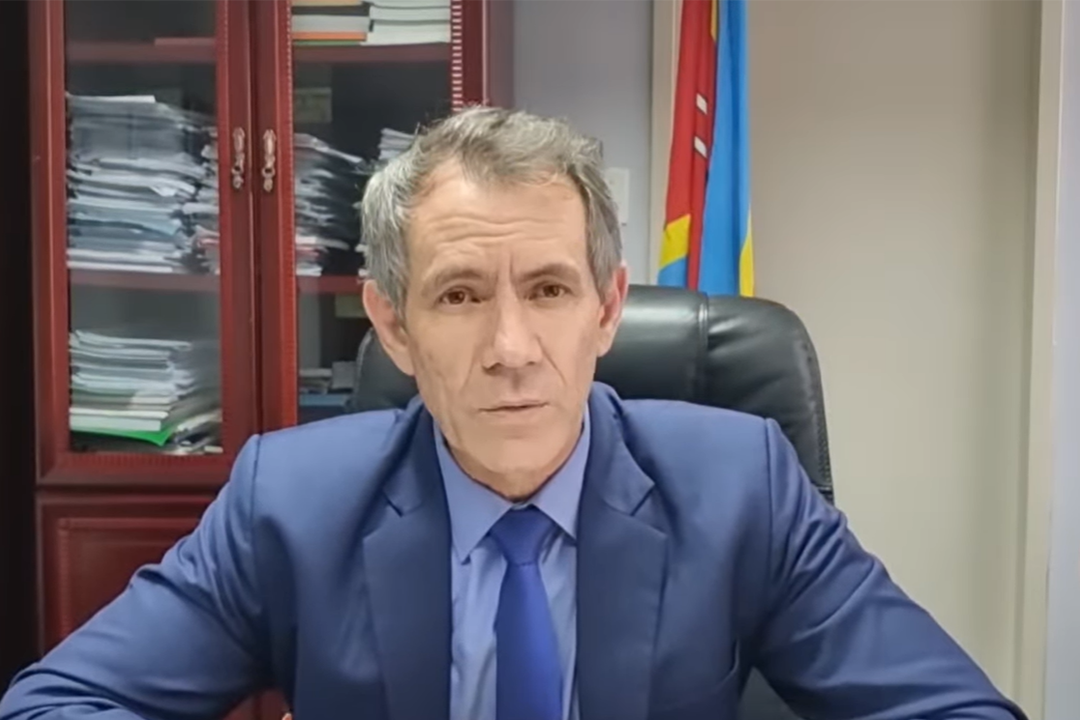By Mbono Mdluli
MBABANE – Government has reaffirmed its commitment to safeguarding the national economy in the face of recent tariff adjustments by the United States.
Though Eswatini was initially included among countries affected by a 10% tariff on exports to the US, a 90-day pause announced last week has opened a window for ongoing dialogue and analysis. Minister of Finance Neal Rijkenberg said Eswatini’s limited export volume to the US compared to its imports puts the country at a strategic advantage.
“The US noted that our export levels do not warrant high tariffs. We import more from them than we export,” Rijkenberg explained. “Therefore, the impact on Eswatini will be more indirect, primarily through our regional economic ties.”
He noted that Eswatini’s economic connections to neighbouring Southern African countries—some of which are facing steeper tariffs—could result in knock-on effects due to shared currency dynamics and trade flows.
While the textile sector may feel some pressure, Rijkenberg emphasized that key exports like sugar are unlikely to be severely affected. He expressed optimism that Eswatini’s position could attract new foreign direct investment, especially as other global markets face higher tariff burdens.
The minister added that Government is actively monitoring the situation and will respond as needed to protect local industries. He also confirmed plans to introduce legislation for a 0.5% VAT adjustment, in line with South Africa’s implementation date of May 1, 2025.
On infrastructure, Rijkenberg highlighted the E0.40 fuel levy, saying it is a necessary step toward upgrading the nation’s road network. “The goal is for this levy to translate into real improvements that citizens can see and benefit from,” he said.
Touching on USAID funding, the minister noted that Government is evaluating which critical services it can support as international funding dynamics shift. The Ministry of Health is leading this assessment to ensure essential programmes continue uninterrupted.








